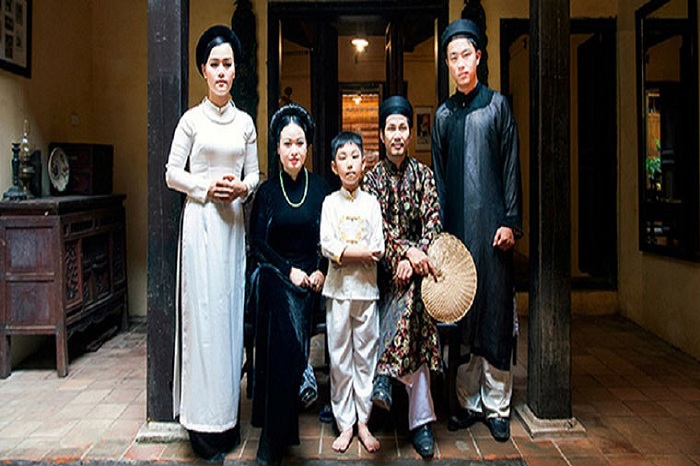
The old house of 87 Ma May or Hanoi ancient house
- on Jul 26, 2020 By: Ngoc Nguyen
Although a frenetic storm of urbanisation is blowing over the entire Vietnamese capital, the old quarter of Hanoi is trying to resist and preserve its identity, that of an old shopping district characterised by these old houses that bear witness to the architecture and traditional Vietnamese building techniques. The old quarter of Hanoi is still home to around fifteen well-preserved old traditional houses, including the ancient house located at 87 Ma May Street, the most famous and definitely well worth a visit!
A story in the heart of Hanoi's Old Quarter
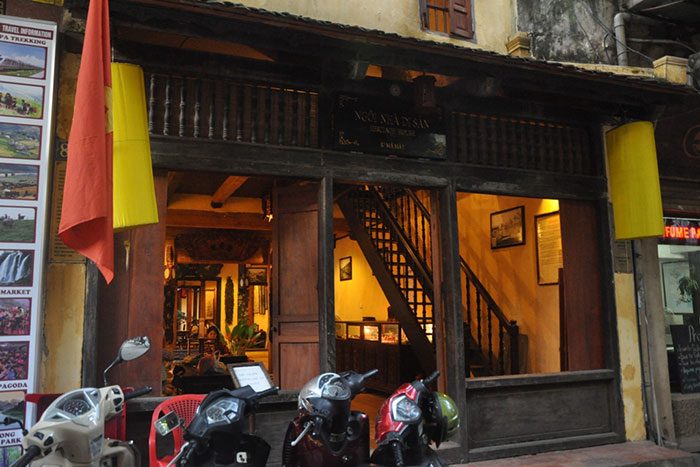
This former house at 87 Ma May Street is located in the heart of Hanoi's Old Quarter, commonly referred to as the 36 corporations district, the oldest shopping district in the Vietnamese capital. The house was built at the end of the 19th century when Ma May Street was a very lively shopping street that was called “Black Flag Street” because of the parking in this street of troops of the Black Flag Army coming from China. As the dyke had not yet been built, Ma May Street was the centre of commercial activities in a busy river port, at the crossroads of the To Lich and Red rivers. The surroundings of Hanoi were dotted with artisan villages which came to sell their wares in the capital.

The house at 87 Ma May was no exception to the rule and was devoted to commerce. The house has been inhabited by several generations of traders and until 1954, it was a shop selling medicinal herbs. Then, the Vietnamese government requisitioned the house to house five families until 1999. Each of them practised their profession: grocer, civil servant, tailor and even a martial arts teacher. Finally, the house has been renovated within the framework of cooperation between the cities of Hanoi and Toulouse. The three-story building that had been constructed at the back, along with interior subdivisions added over the years, were destroyed to restore the house to its original structure. Restored, the house was opened to the public on October 27, 1999, and in 2004 it became Vietnamese heritage property. Since its opening to the public, success has not been denied, travellers passing through Hanoi love to visit this corner of Ma May to immerse themselves in the daily life of old Hanoi of the last century.
A singular and exceptional architecture
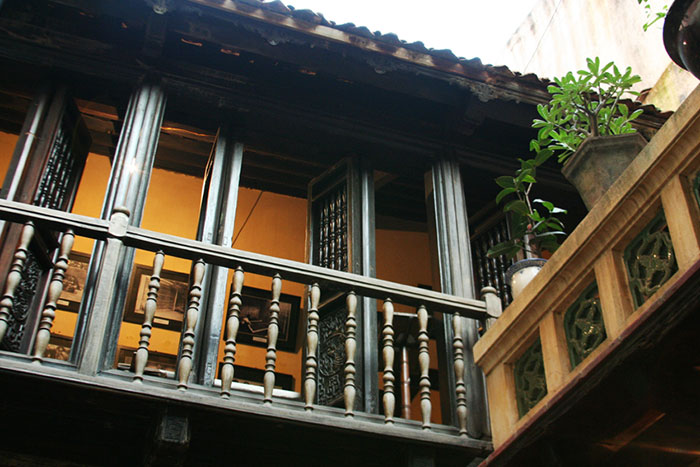
This old house is a remarkable witness of traditional Vietnamese architecture in an old, bushy urban centre from the end of the 19th century and devoted to commercial activities. It was built in tubular form. Hanoi is legendary for its "tube houses", so named because they are just that: a long, narrow tube that is subdivided into sections that serve all the needs of family, commerce and residence. As soon as you enter the house, you will notice large openings on the street which made it possible to trade. Then, you can observe that the house is made up of a series of three buildings arranged one behind the other and separated by interior courtyards which provide light and ventilation. The ground floor of the first two buildings is devoted to commerce and the reception of guests in a nicely decorated lounge. On the upper floor of these buildings, you can see the ancestral altar, a very important room in Vietnamese culture considered the heart of the house. There are also the rooms and hallways where residents loved to grow plants and bonsai. Then in the backyard, you can see the kitchen where they used to cook over a wood fire. We can appreciate the sobriety of the house, its elegant decor, its solid wood furniture, its beautiful staircase deliciously paginated and the finely carved sliding wooden doors. The peculiarity of its architecture is a harmonious combination of wood, tiled roofs with wooden beam systems and many decorative details.
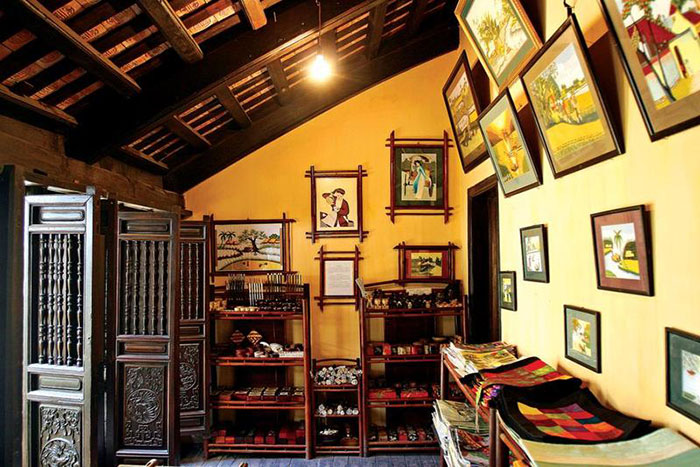
A house dedicated to culture
Beyond being a wonderful example of the characteristic architecture of Hanoi Old Quarter, Ma May's house has become a true cultural space. The house hosts cultural events, art exhibitions and exhibits many traditional Vietnamese crafts such as traditional paintings, lacquerware, calligraphy or ceramics and pottery. Every evening, at 7:00 p.m., the terrace of the house is transformed into a stage of Ca trù, a traditional Vietnamese song registered since 2009 as the intangible heritage of humanity of Unesco.
Related articles:
 Español
Español Français
Français







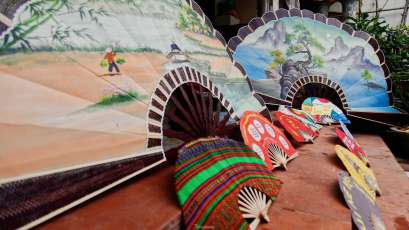

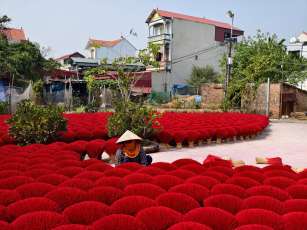

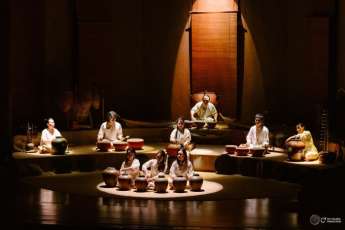
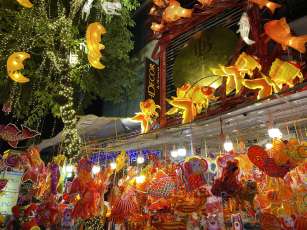

.png)





Timothy O Tool
on Feb 23, 2026Timothy William Groh
on Feb 23, 2026TwelmSC
on Feb 20, 2026Morgane Ter Cock
on Dec 18, 2025HerbertPhomaMS
on Oct 19, 2025